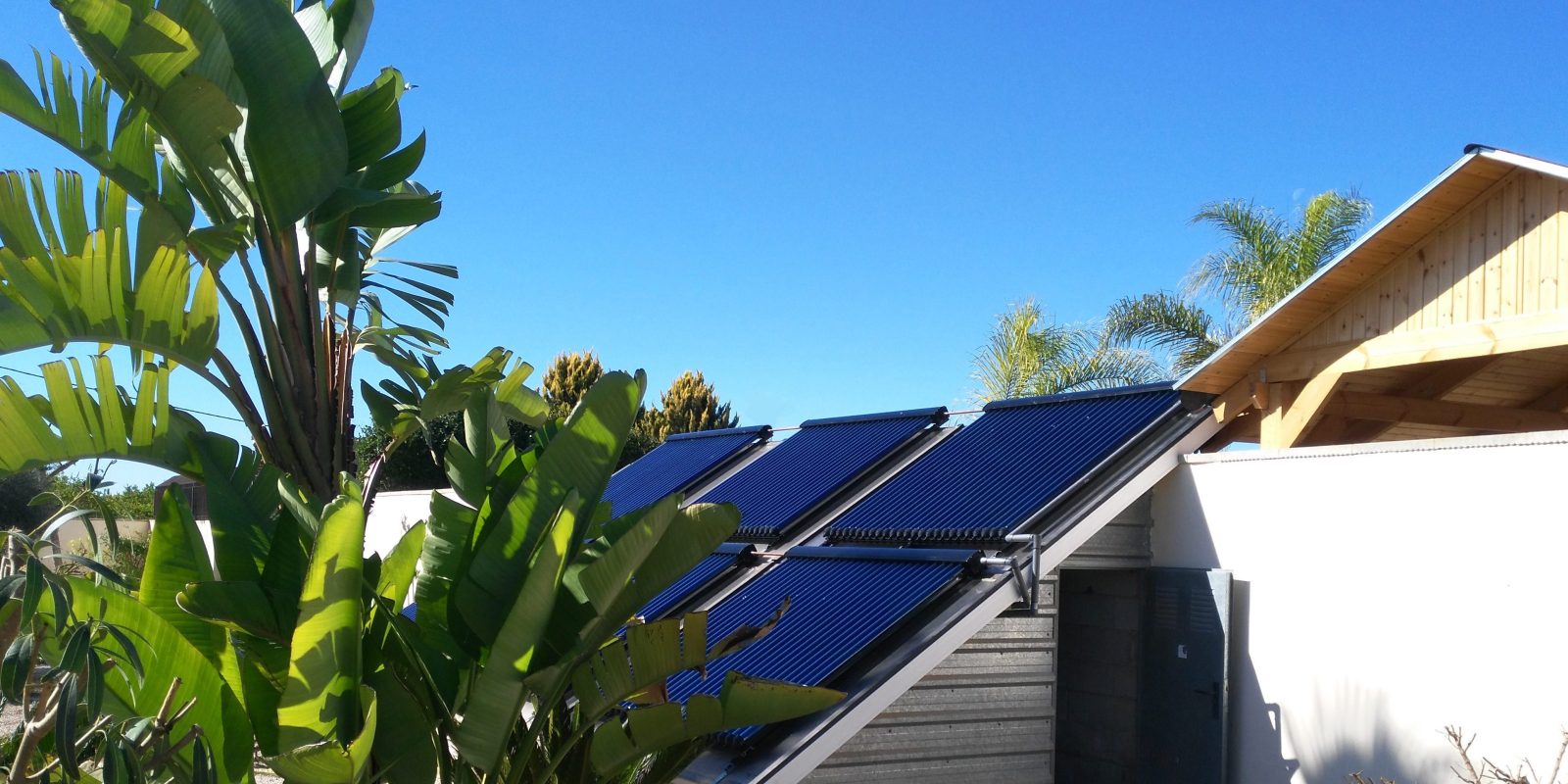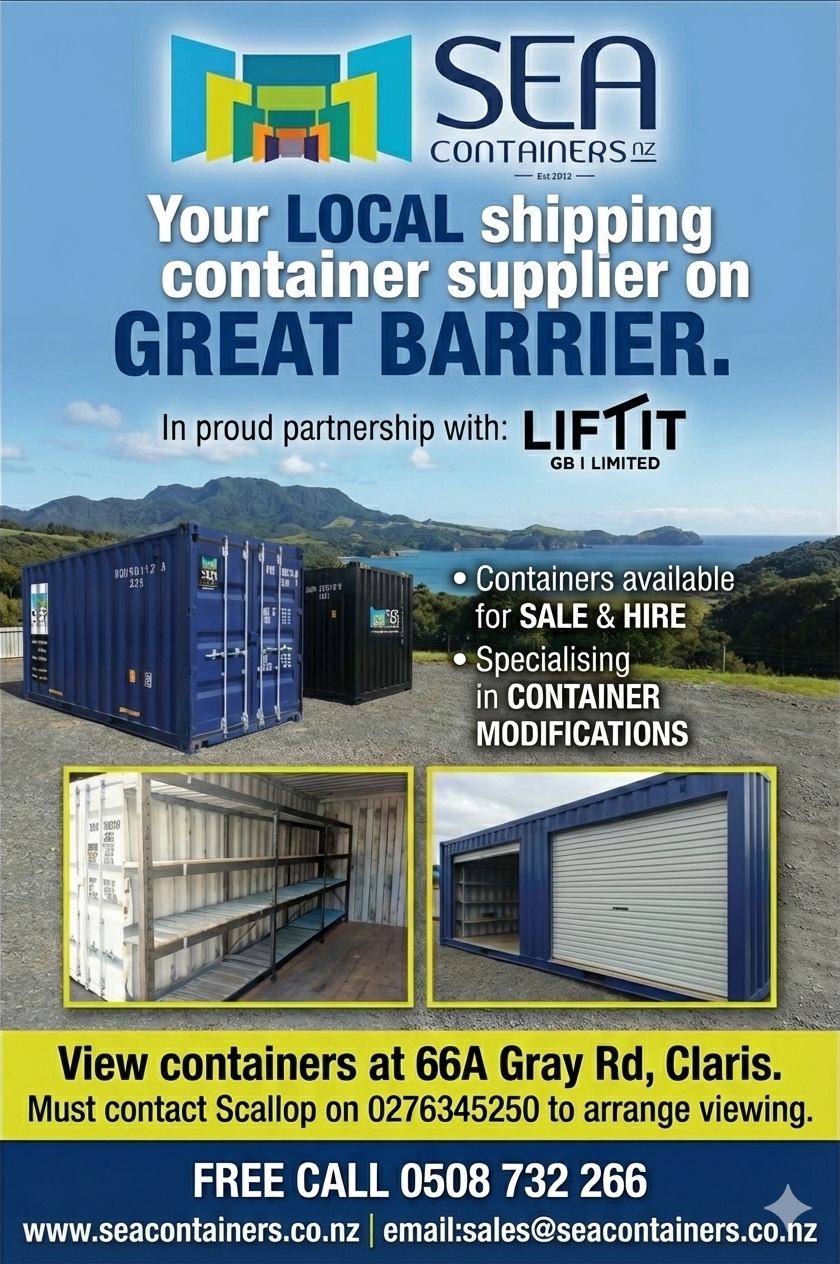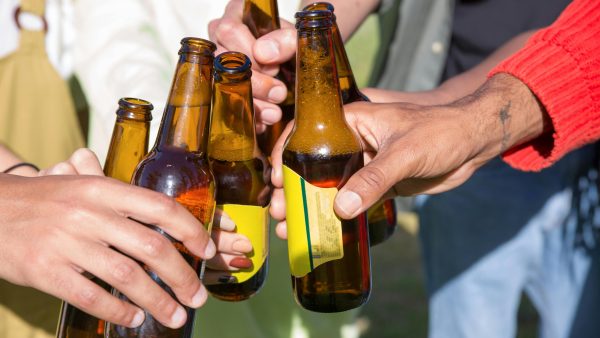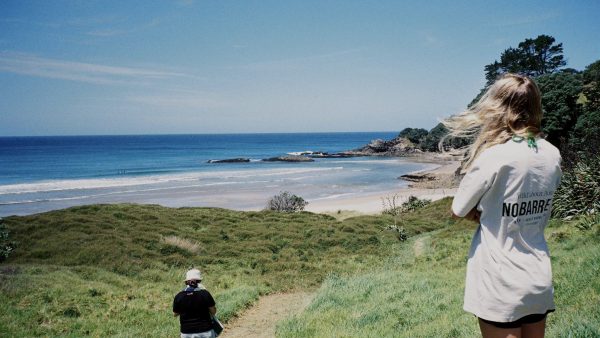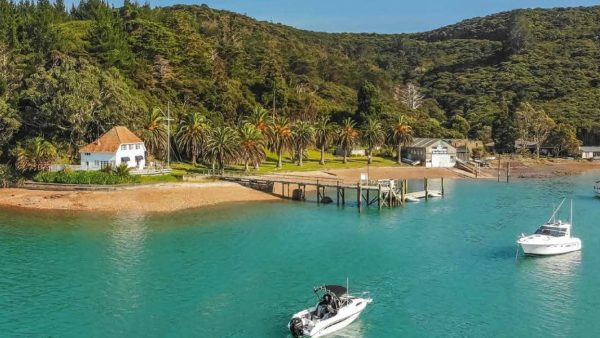Photo / PeterVauhn / CC
With our robust annual sunshine of over 2,100 hours, Aotea presents (some argue) a golden opportunity for residents to harness solar energy, for water heating needs. Despite the clear advantages and the island’s tropical climate ensuring steady temperatures year-round, the adoption of solar water heating systems at 1-in-5 homes* remains less common than you might expect. So the question is. How much do we stand to save on solar hot water heating and why are we a little slow on the uptake across Aotearoa, New Zealand?
The Cost
For a typical family of four, LPG for water heating translates to an annual expense of about $1,251, based on using around 9, 45kg LPG bottles at $139 each. That cumulative price is obviously far less for bach owners, so keep that in mind, because in contrast, the investment in solar water heating will remain the same, even when it’s making hot water – and you’re not around to use it.
- A new local Solar Water Heating unit is priced between $5,000 and $9,000.
- Second-hand units are available for sometimes as little as $1,000 on TradeMe – that’s about the same price as a decent LPG califont.
- Imported units from platforms like Alibaba can get as low as $500, excluding compliance and shipping fees.
Thousands in savings over just five years
Considering an average investment of $4,500 for a new solar water heating system, the payback period based on LPG savings alone is roughly 3.6 years. This calculation doesn’t factor in potential maintenance costs or the electric drain from circulation pumps (not all units need this of course so check this out when buying), which could extend the period slightly.
The Winter Caveat
While Great Barrier Island typically (sans-Gabrielle) enjoys plentiful sunshine, the winter months, particularly May with an average of just 3.3 sunshine hours per day, can challenge solar efficiency. Here, wetback systems, which use fireplaces to heat water, can serve as a valuable backup, ensuring hot water availability throughout the colder, darker months. If you’re a bach owner though, potentially this isn’t even a consideration to worry to much about as you probably aren’t around as jandals weather turns to wellies weather.
Eco-Impact: More Than Numbers
If you’re an carbon-conscious eco-warrior, this is where transitioning to solar water heating can blows LPG out of the water, so to speak. Solar Hot Water would see each the average household potentially saving about 1,205.49 kg of CO2 annually.
The cumulative effect for the island’s 531 properties is a staggering 640,115.39 kg CO2 reduction.
To put this into perspective, this savings is akin to removing the annual emissions of over 100 city buses from the roads or offsetting the CO2 from approximately 200 international flights!
Cooking with… Gas…
Despite the compelling benefits above, it’s important to acknowledge that many households would still rely on LPG for cooking.
Most stats suggest around 7 per cent of household gas usage is for cooking, meaning for those without wood burning ovens, you still won’t be giving up the gas bottles just yet.
Depending on where you live (the island’s eastern shores receives substantial direct sunlight, especially conducive for solar energy projects), everyone will probably need a hybrid approach, blending new tech with traditional energy sources to meet our diverse needs.
Off the boil
In New Zealand, solar hot water systems faced hurdles due to the high initial costs. Despite a government initiative in 2006 investing $15.5 million to boost installations, support waned. On the mainland, the large (87%) amount of renewable electricity generation makes solar water heating less critical. Conversely, for off-grid locations like Great Barrier Island, without access to New Zealand’s power grid, solar water heating holds significant importance for sustainable living
A Sunlit Path Forward
The case for solar water heating on Barrier is strong, combining cost savings with significant environmental benefits. Yet, the journey to widespread adoption is nuanced, requiring consideration of upfront costs, seasonal sunshine variations, and the continued role of LPG in island living. If we look to models in Israel, South Africa, and Australia, where solar water heating thrives, the path to a more sustainable, sun-powered future becomes ever clearer.
*We used AI technology to analyze Aotea satellite imagery, meaning the forecast of those using solar water heating does not incorporate those who use photovoltaic panels to charge batteries that power conventional water heaters. Solar hot water heaters are up to four times more efficient in converting solar energy into heat than photovoltaic systems converting sunlight to electricity for heating water.


